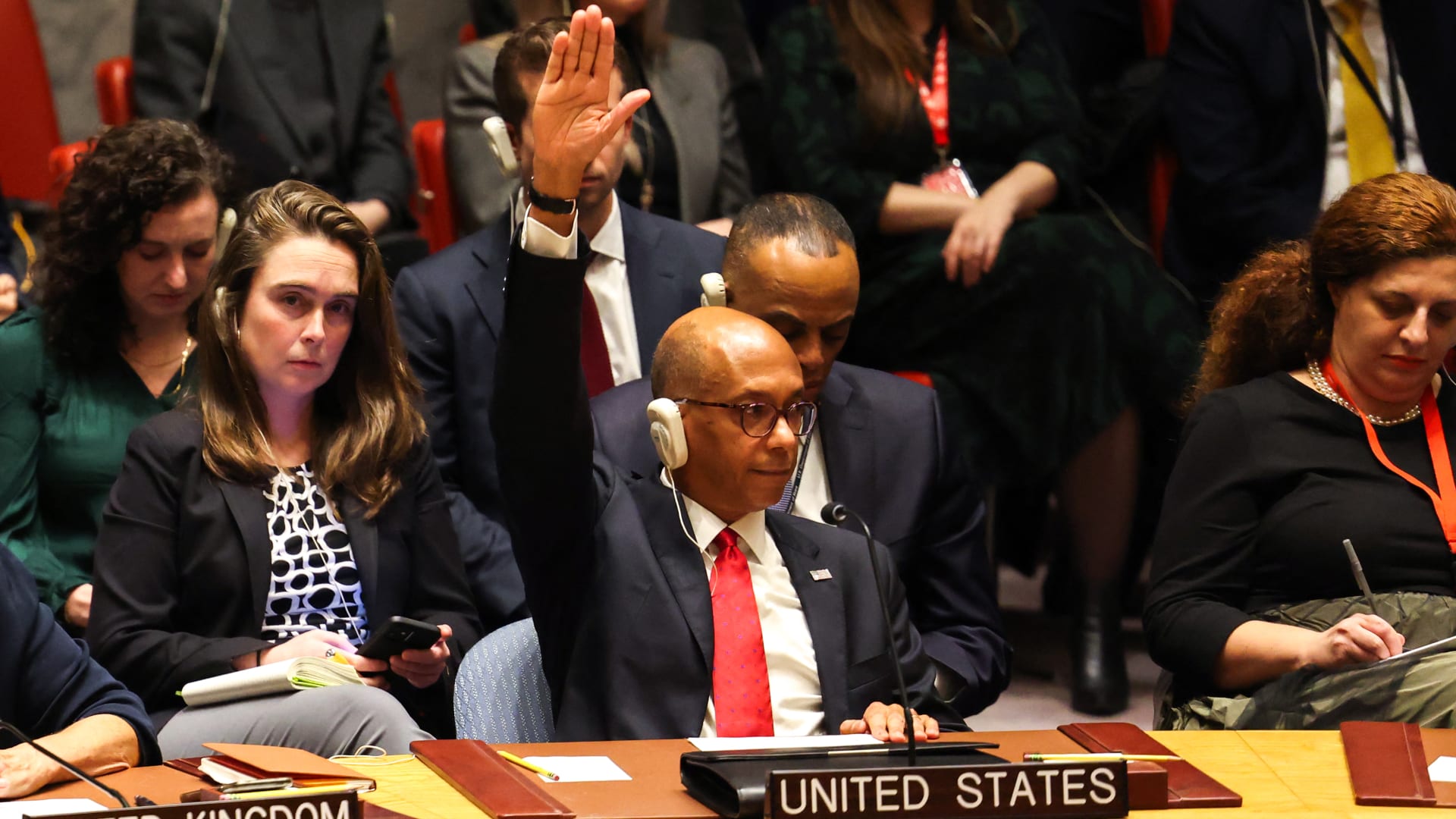
In a dramatic turn of events, President Trump’s administration has unilaterally withdrawn its support for a United Nations resolution on a ceasefire between Israel and Hamas. The decision, which came as a surprise to many, was met with mixed reactions from the international community.
On May 15th, 2021, the U.S. administration presented a resolution to the United Nations Security Council (UNSC) calling for an immediate ceasefire between Israel and Hamas. The resolution was drafted in collaboration with Egypt and Jordan and was expected to pass with overwhelming support.
However, a day before the vote, the U.S. administration abruptly withdrew its support for the resolution, stating that it did not believe it went far enough in addressing Israel’s security concerns. This decision effectively killed the resolution and left the region in a state of uncertainty.
The withdrawal of U.S. support for the ceasefire resolution has had a significant impact on the dynamics of the conflict. It has emboldened Hamas, which has continued to fire rockets into Israel, and it has made it more difficult for international actors to broker a lasting ceasefire.
There are a variety of perspectives on the issue of Trump’s ultimatum and its impact on the ceasefire dynamics. Some argue that the U.S. administration was right to withdraw its support for the resolution because it did not adequately address Israel’s security concerns.
Others argue that the U.S. administration’s decision was a mistake and that it has made it more difficult to achieve a ceasefire. They believe that the U.S. should have worked with the international community to find a compromise that would have been acceptable to both Israel and Hamas.
The following data points and real-life examples provide evidence of the impact of Trump’s ultimatum on the ceasefire dynamics:
- Since the U.S. administration withdrew its support for the ceasefire resolution, there has been a significant increase in the number of rockets fired by Hamas into Israel.
- The Israeli military has responded to the rocket fire by carrying out airstrikes on targets in Gaza. This has resulted in a number of civilian casualties.
- There have been no diplomatic efforts to broker a ceasefire since the U.S. administration withdrew its support for the UNSC resolution.
The withdrawal of U.S. support for the ceasefire resolution has had a significant impact on the dynamics of the conflict between Israel and Hamas. It has emboldened Hamas and made it more difficult for international actors to broker a lasting ceasefire.
There is no clear consensus on whether the U.S. administration’s decision was the right one. Some argue that it was necessary to protect Israel’s security interests, while others believe that it has made it more difficult to achieve a ceasefire.
The situation in Gaza remains volatile and it is unclear what the future holds. However, it is clear that the U.S. administration’s decision has made it more difficult to achieve a lasting ceasefire and has increased the risk of further violence.
